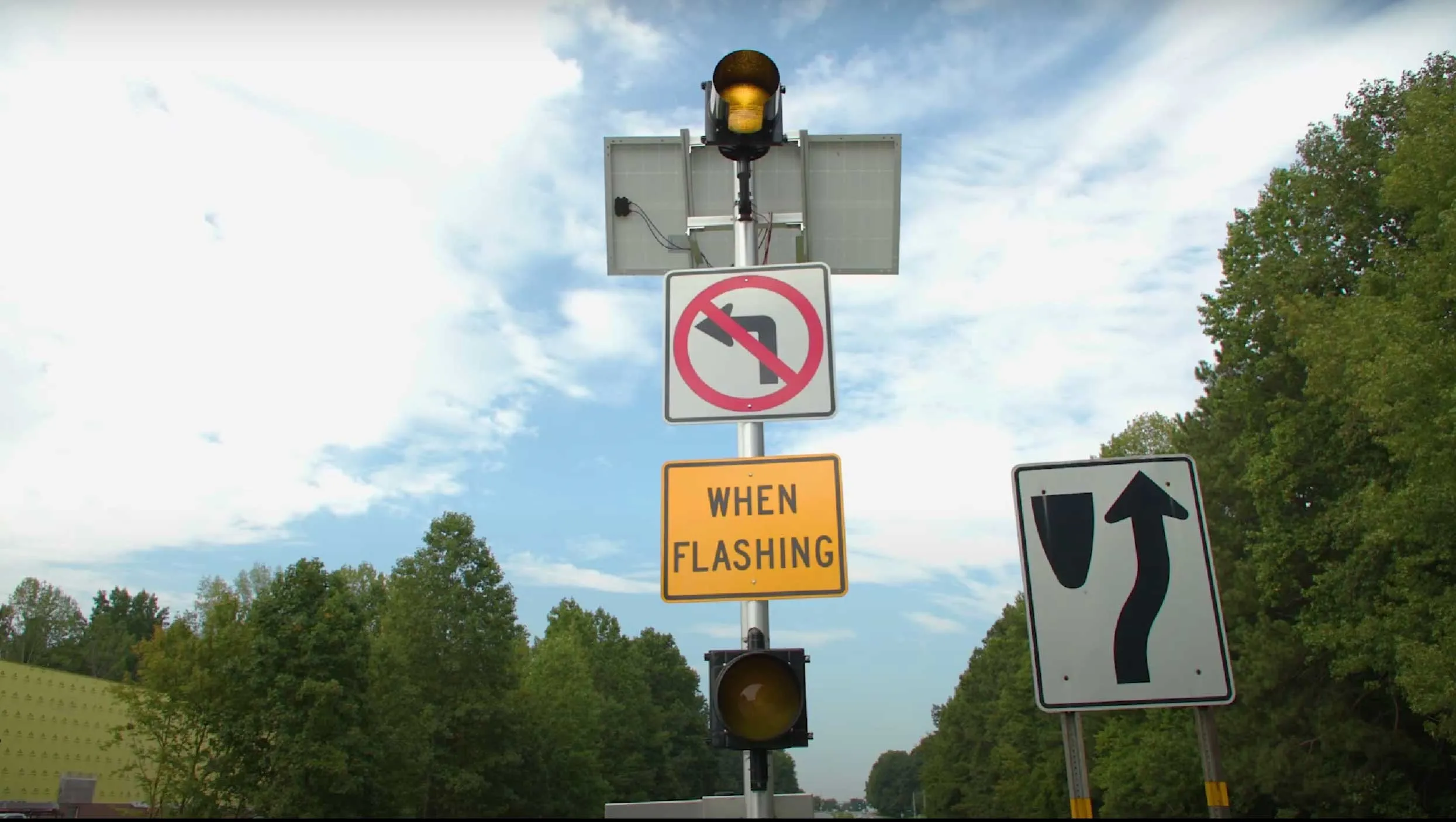The trial demonstrated vehicles interacting directly with pedestrians’ and cyclists’ mobile phones providing early-warning collision detection and alerts via an application installed on the phones.
The technology was tested using some common scenarios that occur every day in Australia, such as a car and a cyclist approaching a blind corner, a car reversing out of a driveway, and a car approaching a pedestrian crossing.
The trial was conducted as part of Telstra’s vehicle-to-everything (V2X) project, which includes vehicle-to-infrastructure (V2I) and vehicle-to-vehicle (V2V) in addition to V2P.
Chief technology Officer Håkan Eriksson said, “The most important outcome of V2X technology is the increased safety for road users, as the impact of human error can be minimised by helping vehicles communicate with each other and react to their surroundings.
“This is the first time V2P technology has been trialled in Australia on a 4G network, and is an important step on the journey to fully-autonomous vehicles on Australian roads. This follows our successful trials of V2I in October 2016 and V2V in February 2017, also completed in partnership with Cohda.”
Telstra and Cohda Wireless conduct first Australian V2P technology trial
Telstra, in partnership with Cohda Wireless, has successfully conducted Australia’s first test of vehicle-to-pedestrian (V2P) technology over a mobile network in South Australia. The trial demonstrated vehicles interacting directly with pedestrians’ and cyclists’ mobile phones providing early-warning collision detection and alerts via an application installed on the phones. The technology was tested using some common scenarios that occur every day in Australia, such as a car and a cyclist approaching a blin
July 28, 2017
Read time: 2 mins
Telstra, in partnership with 6667 Cohda Wireless, has successfully conducted Australia’s first test of vehicle-to-pedestrian (V2P) technology over a mobile network in South Australia.









